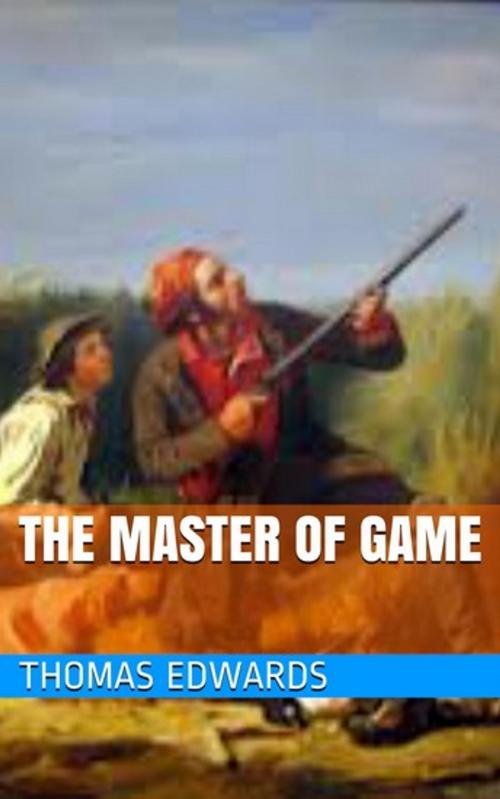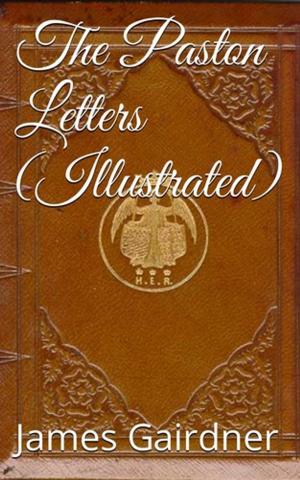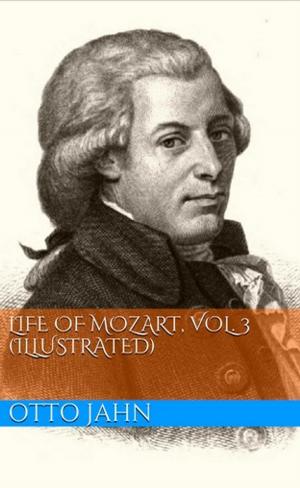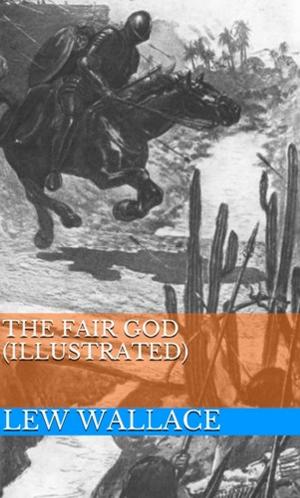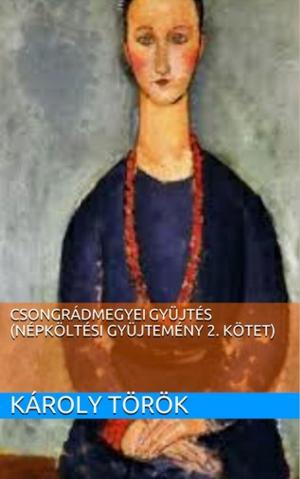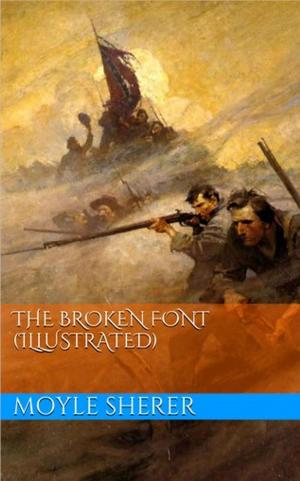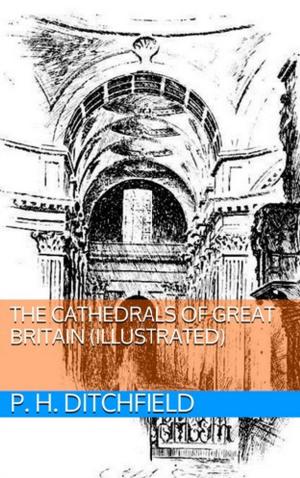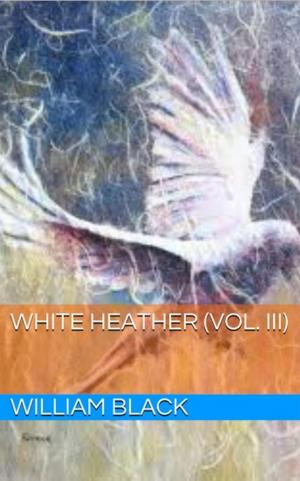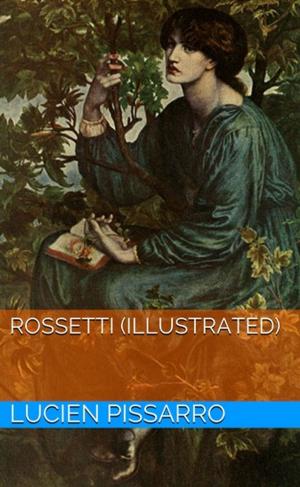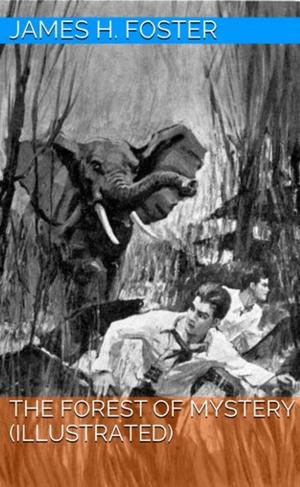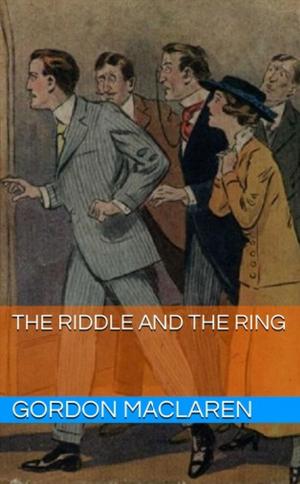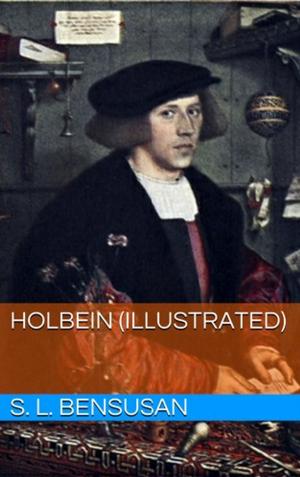| Author: | Thomas Edwards, Second Duke of York | ISBN: | 1230000159718 |
| Publisher: | Lost Leaf Publications | Publication: | August 13, 2013 |
| Imprint: | Language: | English |
| Author: | Thomas Edwards, Second Duke of York |
| ISBN: | 1230000159718 |
| Publisher: | Lost Leaf Publications |
| Publication: | August 13, 2013 |
| Imprint: | |
| Language: | English |
THE OLDEST ENGLISH BOOK ON HUNTING
WITH A FOREWORD BY THEODORE ROOSEVELT
CONTENTS
chap. page
Illustrations ix
Introduction xi
Foreword to the First Edition xix
I. The Prologue 1
II. Of the Hare and of her Nature 14
III. Of the Hart and his Nature 23
IV. Of the Buck and of his Nature 38
V. Of the Roe and of his Nature 41
VI. Of the Wild Boar and of his Nature 46
VII. Of the Wolf and of his Nature 54
VIII. Of the Fox and of his Nature 64
IX. Of the Grey (Badger) and of his Nature 68
X. Of the (Wild) Cat and its Nature 70
XI. The Otter and his Nature 72
XII. Of the Manner and Habits and Conditions of Hounds 75
XIII. Of Sicknesses of Hounds and of their Corruptions 85 [Pg vi]
XIV. Of Running Hounds and of their Nature 105
XV. Of Greyhounds and of their Nature 113
XVI. Of Alauntes and of their Nature 116
XVII. Of Spaniels and of their Nature 119
XVIII. Of the Mastiff and of his Nature 122
XIX. What Manner and Condition a Good Hunter should have 123
XX. How the Kennel for the Hounds and the Couples for the Raches and the Ropes for the Lymer should be made
INTRODUCTION
The "Master of Game" is the oldest as well as the most important work on the chase in the English language that has come down to us from the Middle Ages.
Written between the years 1406 and 1413 by Edward III.'s grandson Edward, second Duke of York, our author will be known to every reader of Shakespeare's "Richard II.," for he is no other than the arch traitor Duke of Aumarle, previously Earl of Rutland, who, according to some historians, after having been an accomplice in the murder of his uncle Gloucester, carried in his own hand on a pole the head of his brother-in-law. The student of history, on the other hand, cannot forget that this turbulent Plantagenet was the gallant leader of England's vanguard at Agincourt, where he was one of the great nobles who purchased with their lives what was probably the most glorious victory ever vouchsafed to English arms.
He tells us in his Prologue, in which he dedicates his "litel symple book" to Henry, eldest [Pg xii] son of his cousin Henry IV., "Kyng of Jngelond and of Fraunce," that he is the Master of Game at the latter's court.
Let it at once be said that the greater part of the book before us is not the original work of Edward of York, but a careful and almost literal translation from what is indisputably the most famous hunting book of all times, i.e. Count Gaston de Foix's Livre de Chasse, or, as author and book are often called, Gaston Phœbus, so named because the author, who was a kinsman of the Plantagenets, and who reigned over two principalities in southern France and northern Spain, was renowned for his manly beauty and golden hair. It is he of whom Froissart has to tell us so much that is quaint and interesting in his inimitable chronicle. La Chasse, as Gaston de Foix tells us in his preface, was commenced on May 1, 1387, and as he came to his end on a bear hunt not much more than four years later, it is very likely that his youthful Plantagenet kinsman, our author, often met him during his prolonged residence in Aquitaine, of which, later on, he became the Governor.
Fortunately for us, the enforced leisure which the Duke of York enjoyed while imprisoned in Pevensey Castle for his traitorous connection with the plots of his sister to assassinate the King and to carry off their two young kinsmen, the Mortimers, [Pg xiii] the elder of whom was the heir presumptive to the throne, was of sufficient length to permit him not only to translate La Chasse but to add five original chapters dealing with English hunting.
These chapters, as well as the numerous interpolations made by the translator, are all of the first importance to the student of venery, for they emphasise the changes—as yet but very trifling ones—that had been introduced into Britain in the three hundred and two score years that had intervened since the Conquest.
THE OLDEST ENGLISH BOOK ON HUNTING
WITH A FOREWORD BY THEODORE ROOSEVELT
CONTENTS
chap. page
Illustrations ix
Introduction xi
Foreword to the First Edition xix
I. The Prologue 1
II. Of the Hare and of her Nature 14
III. Of the Hart and his Nature 23
IV. Of the Buck and of his Nature 38
V. Of the Roe and of his Nature 41
VI. Of the Wild Boar and of his Nature 46
VII. Of the Wolf and of his Nature 54
VIII. Of the Fox and of his Nature 64
IX. Of the Grey (Badger) and of his Nature 68
X. Of the (Wild) Cat and its Nature 70
XI. The Otter and his Nature 72
XII. Of the Manner and Habits and Conditions of Hounds 75
XIII. Of Sicknesses of Hounds and of their Corruptions 85 [Pg vi]
XIV. Of Running Hounds and of their Nature 105
XV. Of Greyhounds and of their Nature 113
XVI. Of Alauntes and of their Nature 116
XVII. Of Spaniels and of their Nature 119
XVIII. Of the Mastiff and of his Nature 122
XIX. What Manner and Condition a Good Hunter should have 123
XX. How the Kennel for the Hounds and the Couples for the Raches and the Ropes for the Lymer should be made
INTRODUCTION
The "Master of Game" is the oldest as well as the most important work on the chase in the English language that has come down to us from the Middle Ages.
Written between the years 1406 and 1413 by Edward III.'s grandson Edward, second Duke of York, our author will be known to every reader of Shakespeare's "Richard II.," for he is no other than the arch traitor Duke of Aumarle, previously Earl of Rutland, who, according to some historians, after having been an accomplice in the murder of his uncle Gloucester, carried in his own hand on a pole the head of his brother-in-law. The student of history, on the other hand, cannot forget that this turbulent Plantagenet was the gallant leader of England's vanguard at Agincourt, where he was one of the great nobles who purchased with their lives what was probably the most glorious victory ever vouchsafed to English arms.
He tells us in his Prologue, in which he dedicates his "litel symple book" to Henry, eldest [Pg xii] son of his cousin Henry IV., "Kyng of Jngelond and of Fraunce," that he is the Master of Game at the latter's court.
Let it at once be said that the greater part of the book before us is not the original work of Edward of York, but a careful and almost literal translation from what is indisputably the most famous hunting book of all times, i.e. Count Gaston de Foix's Livre de Chasse, or, as author and book are often called, Gaston Phœbus, so named because the author, who was a kinsman of the Plantagenets, and who reigned over two principalities in southern France and northern Spain, was renowned for his manly beauty and golden hair. It is he of whom Froissart has to tell us so much that is quaint and interesting in his inimitable chronicle. La Chasse, as Gaston de Foix tells us in his preface, was commenced on May 1, 1387, and as he came to his end on a bear hunt not much more than four years later, it is very likely that his youthful Plantagenet kinsman, our author, often met him during his prolonged residence in Aquitaine, of which, later on, he became the Governor.
Fortunately for us, the enforced leisure which the Duke of York enjoyed while imprisoned in Pevensey Castle for his traitorous connection with the plots of his sister to assassinate the King and to carry off their two young kinsmen, the Mortimers, [Pg xiii] the elder of whom was the heir presumptive to the throne, was of sufficient length to permit him not only to translate La Chasse but to add five original chapters dealing with English hunting.
These chapters, as well as the numerous interpolations made by the translator, are all of the first importance to the student of venery, for they emphasise the changes—as yet but very trifling ones—that had been introduced into Britain in the three hundred and two score years that had intervened since the Conquest.
